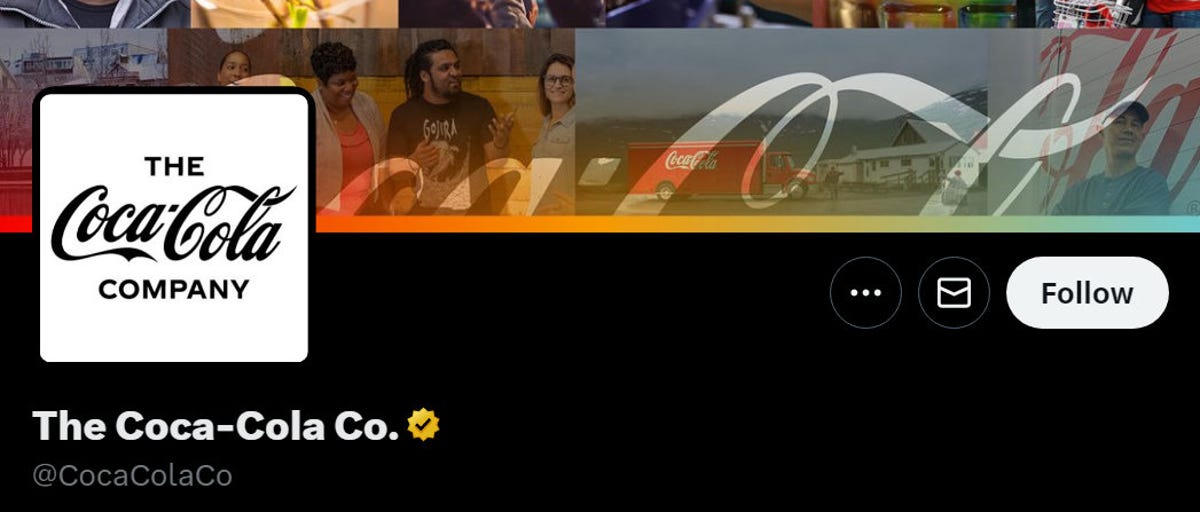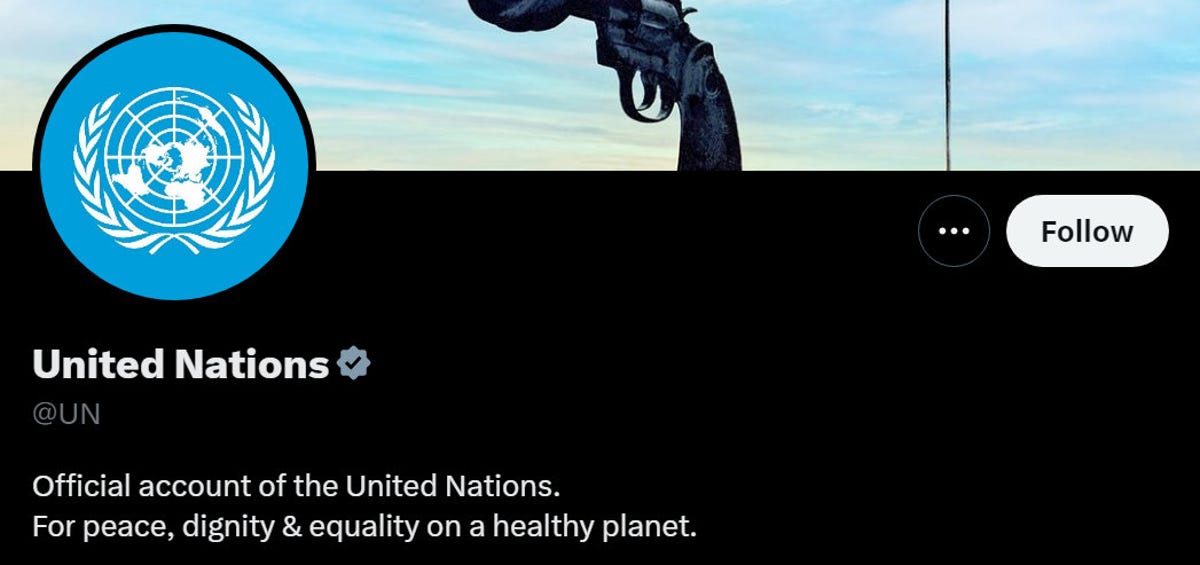
Twitter has been in a state of flux ever since Tesla and SpaceX CEO Elon Musk paid out $44 billion to take over the social media site in October last year. Big changes are still happening, including a new overhaul of Twitter’s longtime verification system that once awarded blue check marks to notable accounts — including celebrities, companies, brands and journalists.
Musk’s push to build subscription revenue led Twitter to replace its old verification system with a paid Twitter Blue service. The change makes it difficult to know the difference between a previously verified account and one that’s simply paying for the blue mark. So who can you trust on Twitter anymore? Understanding the different check mark colors and meanings can help guide you. Let’s sort it out.
Blue check mark
A blue check mark next to a username once conveyed a coveted “verified” status that meant the user was who they said they were. That’s how you’d know a tweet was coming from comedian Steve Martin and not someone pretending to be Steve Martin.
Actor, comedian and musician Steve Martin has a blue check mark to indicate he has a legacy verified Twitter account or that he’s perhaps also subscribed to Twitter Blue.
Screenshot by Amanda Kooser/CNET
The blue mark now comes with this message: “This account is verified because it’s subscribed to Twitter Blue or is a legacy verified account.”
Let’s tackle the first part of that. Twitter Blue subscribers pay $8 per month on the web or $11 on iOS and Android to get a check mark along with access to additional features like the ability to edit tweets within a 30-minute window and share longer tweets up to 4,000 characters. The higher in-app price offsets the app store commissions, so you can save money by subscribing directly through the Twitter site. Anyone who pays the fee and meets the eligibility requirements (including a confirmed phone number and active status) can have a Twitter Blue check mark.
Many well-known Twitter users spoke up against the new system, including basketball star LeBron James, who declared last week, “I ain’t paying.”
Welp guess my blue ✔️ will be gone soon cause if you know me I ain’t paying the 5. 🤷🏾♂️
— LeBron James (@KingJames) March 31, 2023
But James still has his blue check mark. Turns out Twitter decided not to take the legacy check marks away from most accounts, even if they don’t pay. To add to the turmoil of introducing the new system, Twitter removed the verified check mark from the main New York Times account as Musk referred to the news outlet as “propaganda” and “unreadable.”
Legacy verified users were once considered “active, notable, and authentic accounts of public interest.” Now it isn’t necessarily easy to determine if an account is a legacy or a Twitter Blue subscriber. That confusion may detract from the value of the blue check mark that was once a badge of authenticity.
Twitter no longer has a media relations team that could help us sort through these issues.
Gold check mark

Coca-Cola features a gold check mark and square avatar on Twitter.
Screenshot by Amanda Kooser/CNET
Yes, it looks yellow, but Twitter calls the color “gold.” These marks are reserved for official business accounts that are signed up with the Twitter Verified Organizations program. Think of this as Twitter Blue on steroids for businesses and nonprofits.
Twitter Verified Organizations pay a $1,000-per-month subscription fee and are rewarded with a check mark, a square avatar, Twitter Blue features and the ability to add affiliate accounts, among other perks.
Gray check mark

The United Nations and other government and official organizations may sport a gray check mark on Twitter.
Screenshot by Amanda Kooser/CNET
It might look drab in comparison to the more colorful blue and gold marks, but the gray check mark is an important one to know. It primarily designates a government organization or official. US President Joe Biden’s account, for example, sports a gray check mark. The mark can also apply to multilateral organizations like the United Nations and the World Health Organization that encompass multiple countries.
At least gold and gray are easy to understand. Will the blue confusion continue or clear up? For Twitter users, this calls for extra scrutiny of where the information is coming from. Is that tweet from a previously verified account or some random Twitter Blue subscriber? As with most things on the internet, it pays to stay on your toes and check your sources.
